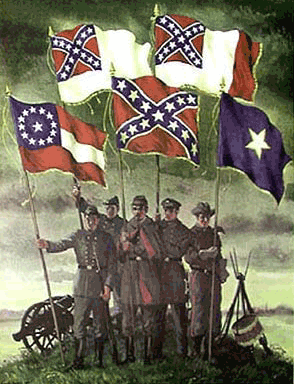Dear Fredrick,
I trust your Lord's Day was restful. Do tell me about the sermon...I should be most interested to hear your thoughts upon it.
The main events of interest from the 22nd to the 23rd of November, 1861 were concentrated in Florida with the two-day bombardment of Pensacola.
You may find the Union reports to be somewhat, shall I say, repetitive, but I have included more than one for the slight differences in perspective.
The following are the Confederate reports. I want you to note the religious tenor of General Bragg's reports; a tenor quite absent in that of the Union officers.
There were a variety of smaller events on the 24th (a Sunday, as we might note from General Bragg's first report). Union forces mounted an expedition on Tybee Island, Georgia. Skirmishes took place around Lancaster and Johnstown, Missouri.
General Forrest set out on an expedition from Casyville to Eddyville Kentucky.
Tomorrow's letter will not be near as long as this one...but I shall let you wait and see why tomorrow.
I regret that you will be unable to return home for Thanksgiving. I do hope you shall have an enjoyable time at the headmaster's. I shall miss you greatly.
Love,
Grandfather

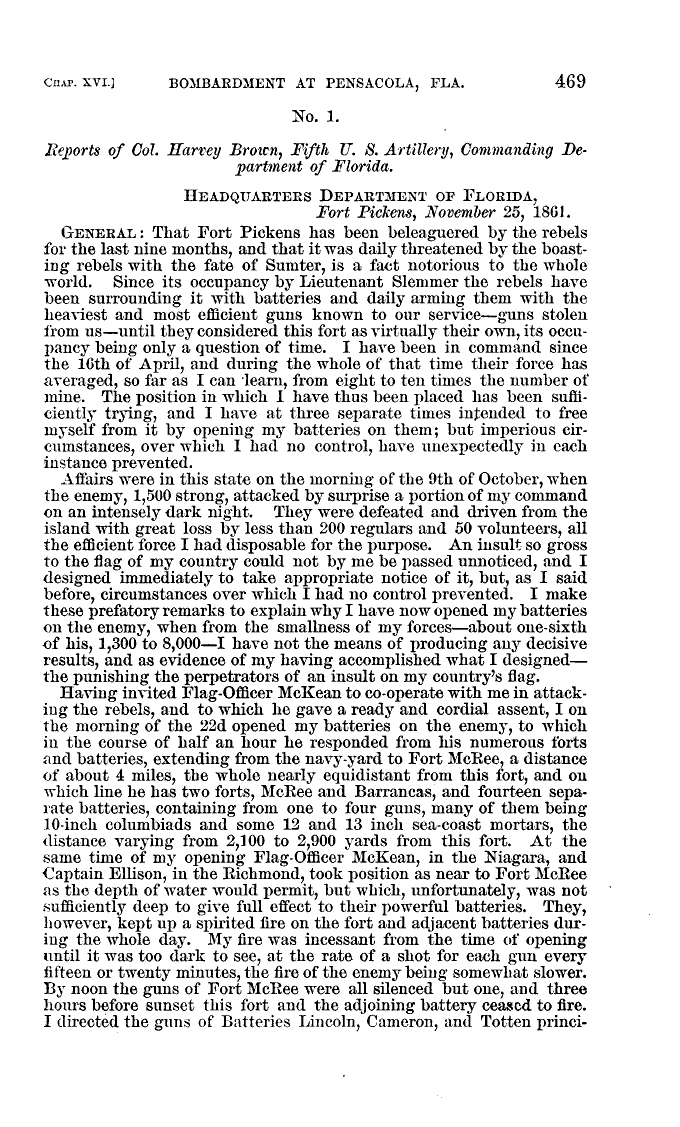
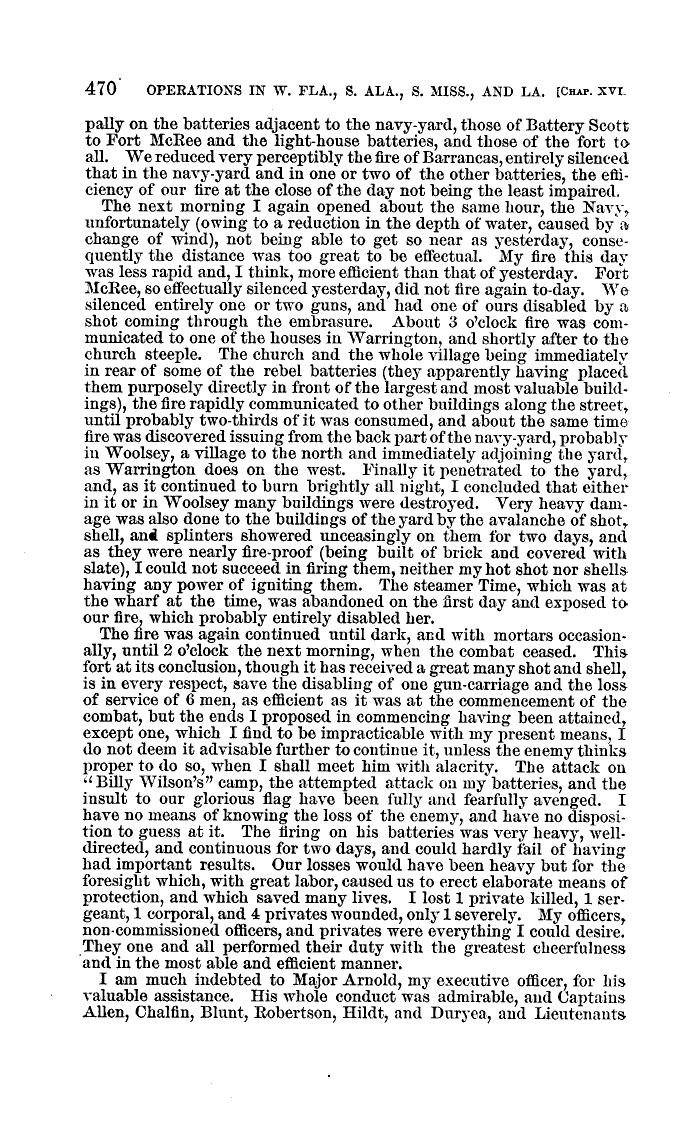
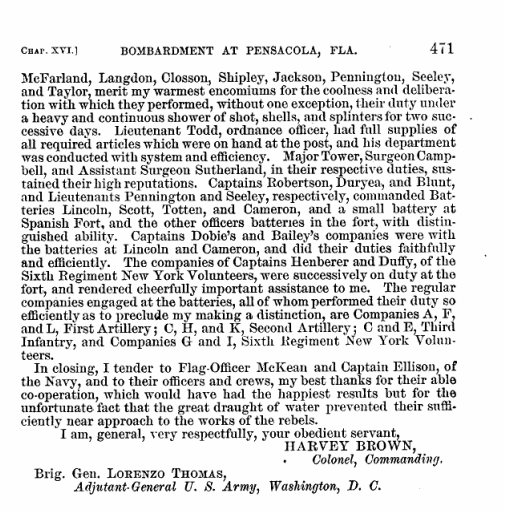


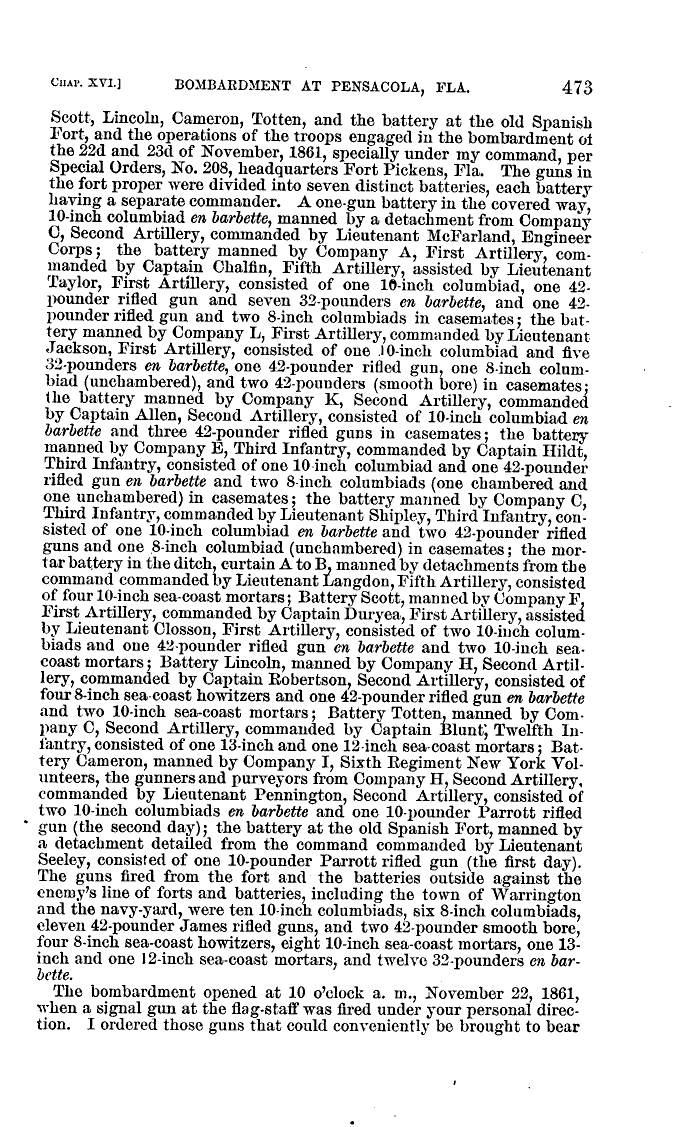
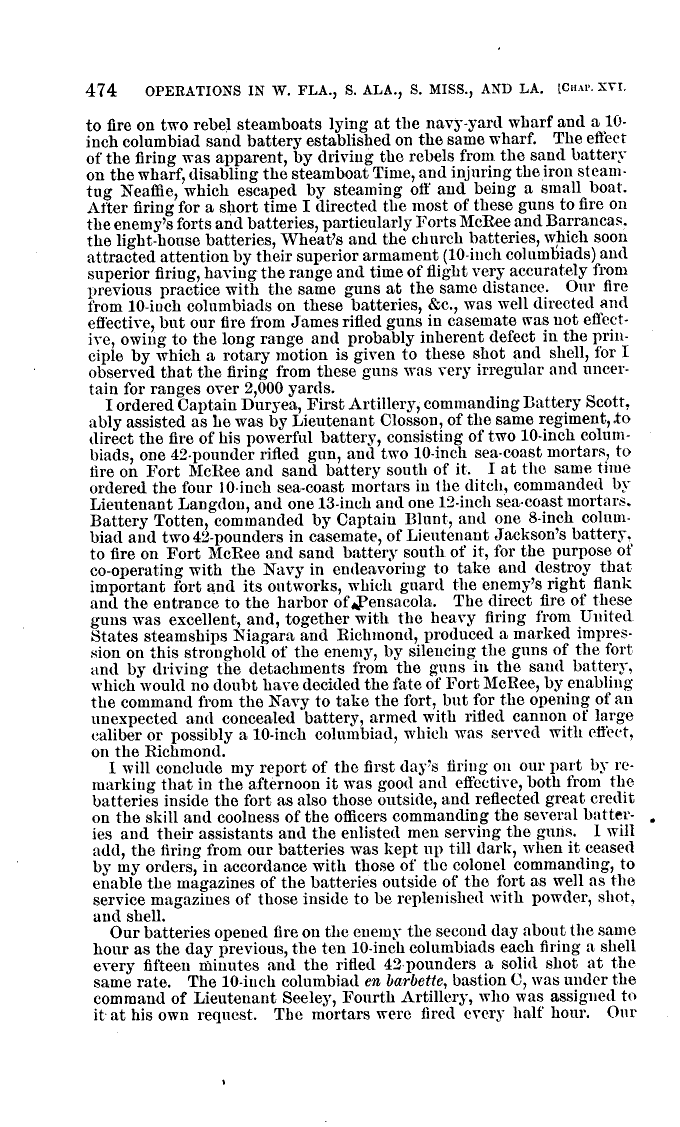
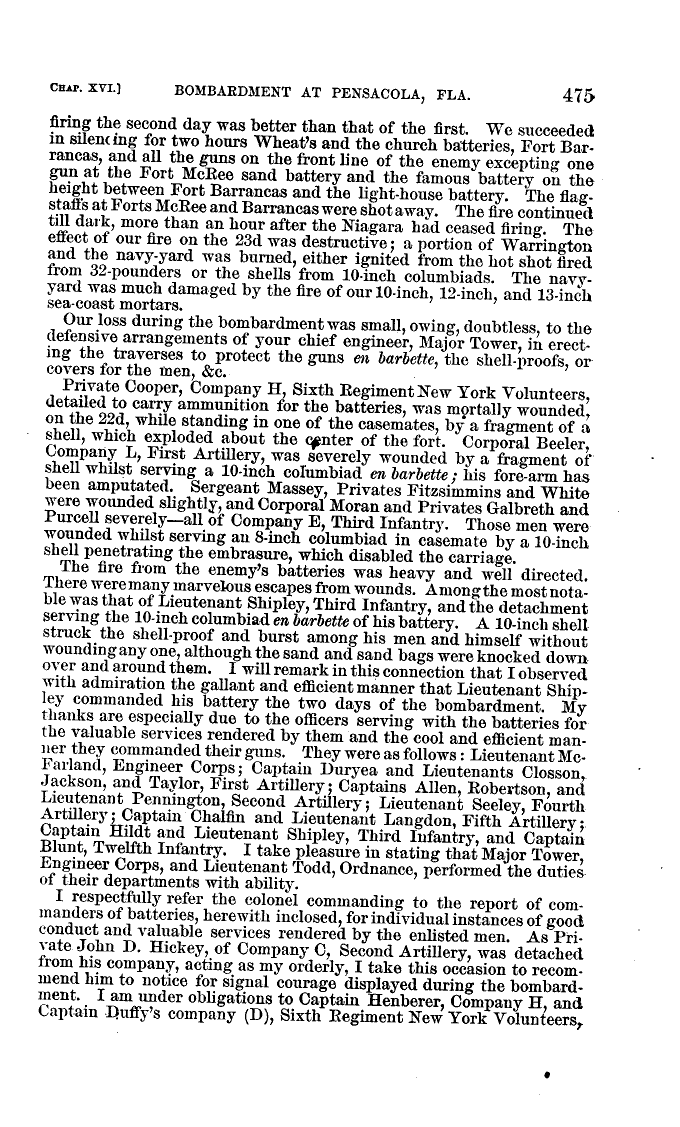
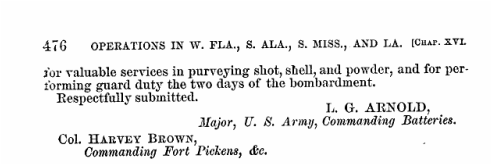

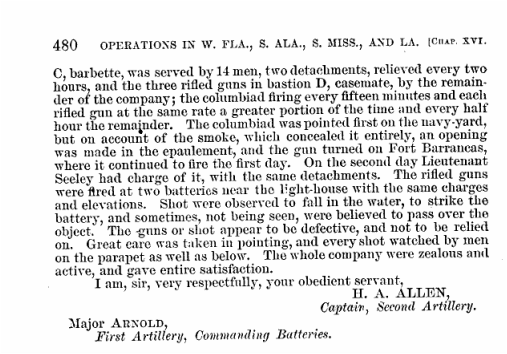
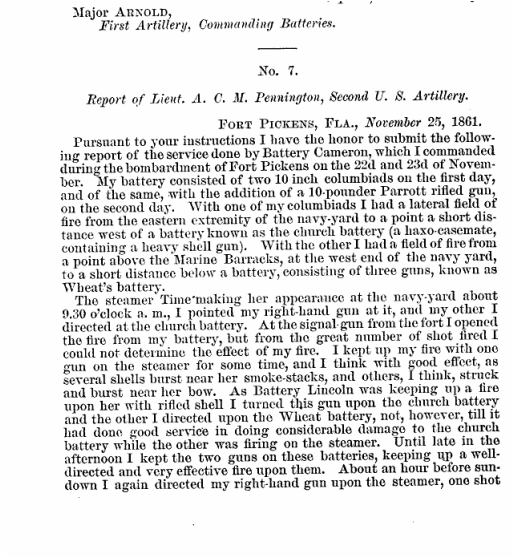
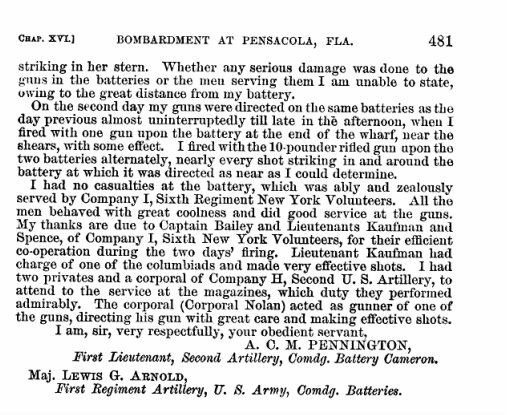
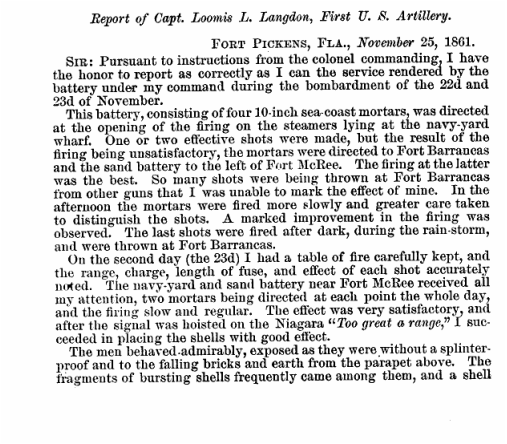
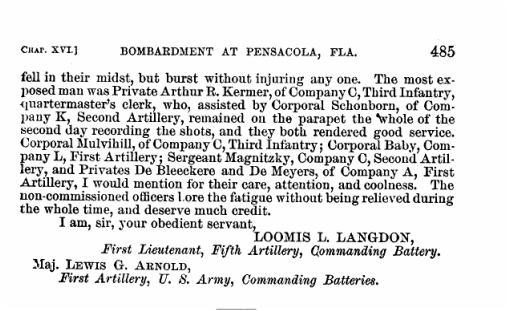
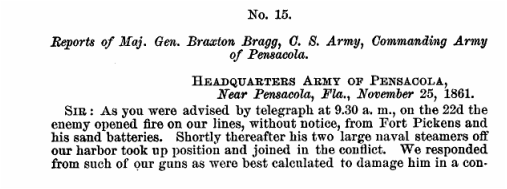
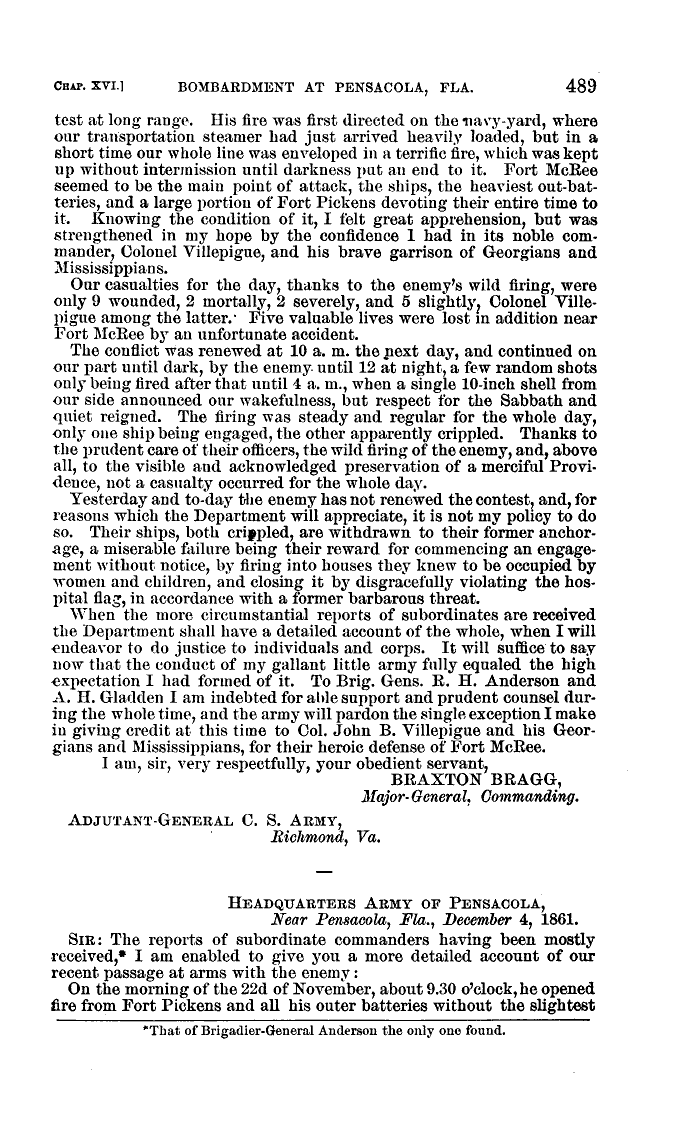
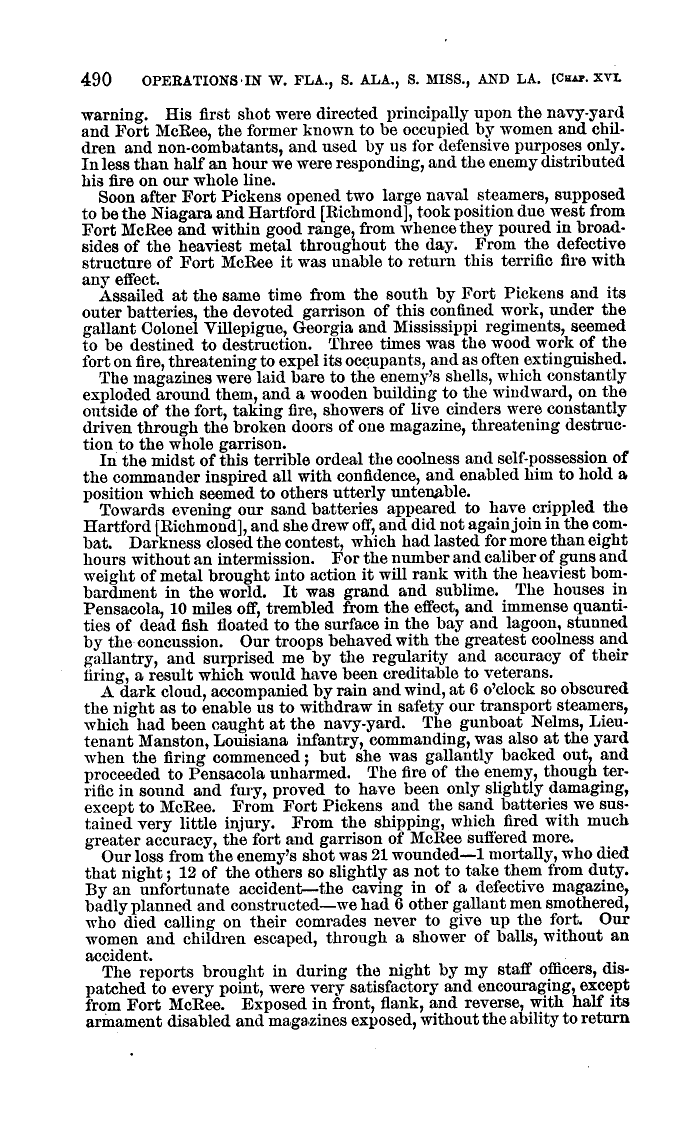
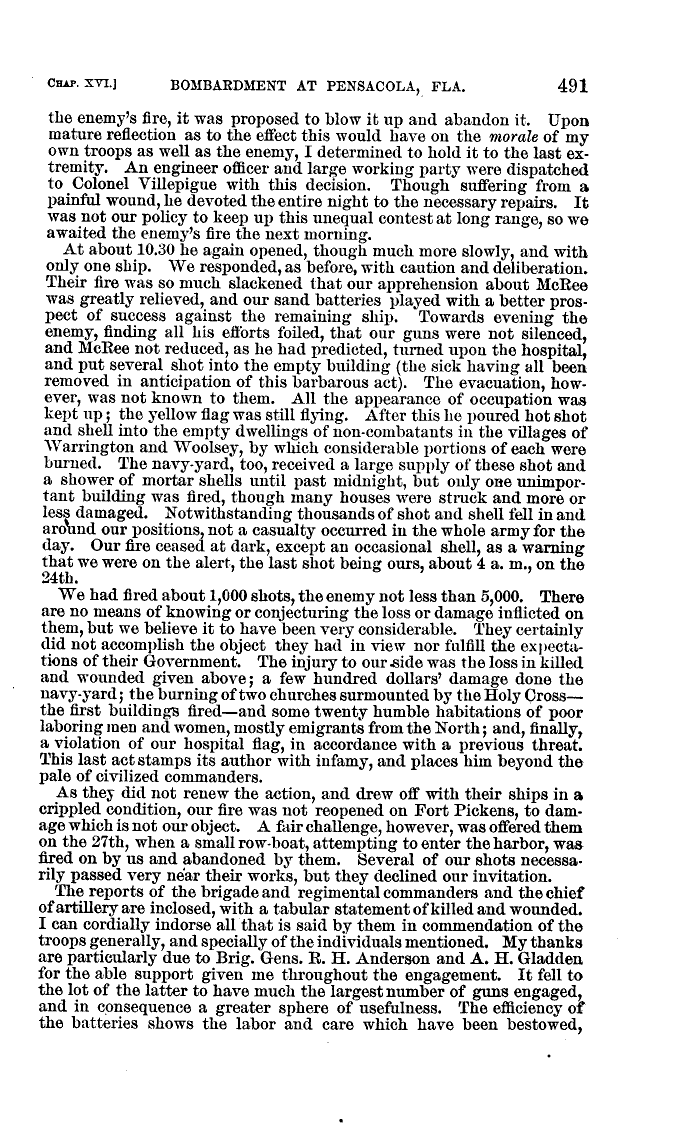
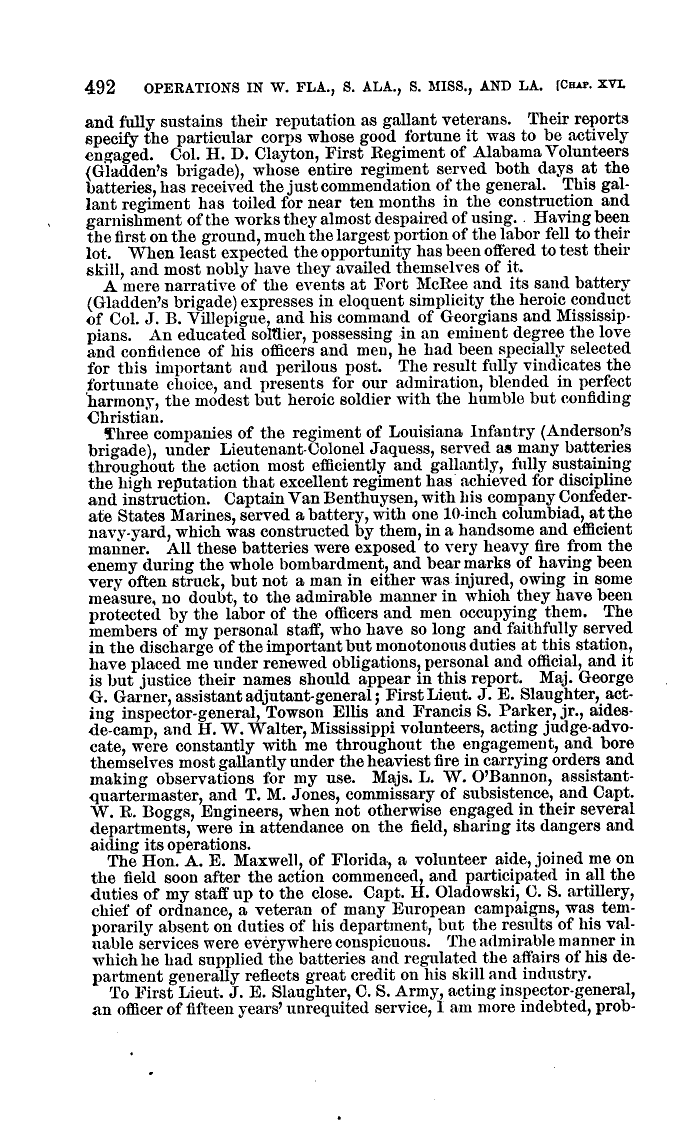
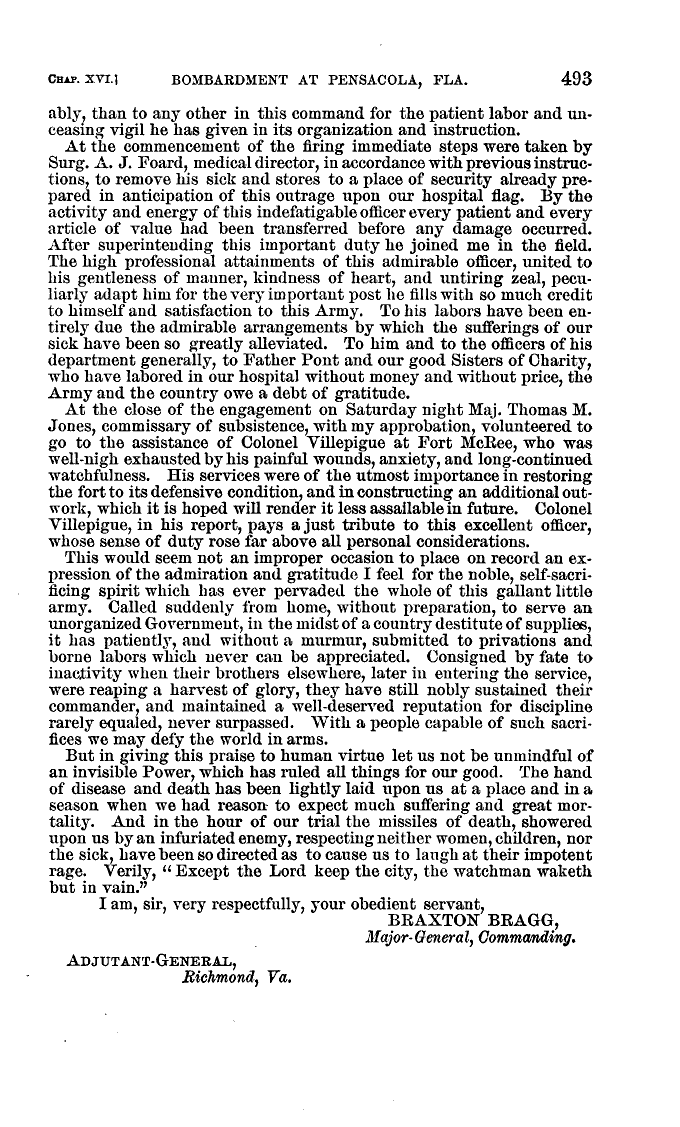

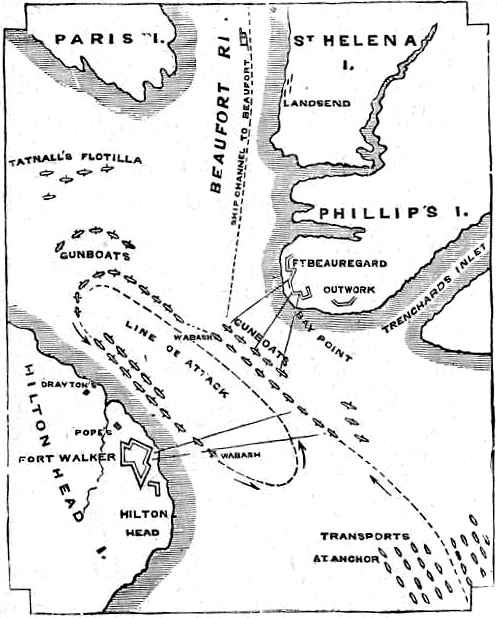
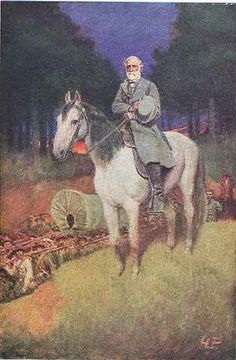
 RSS Feed
RSS Feed
